A Hernia is a situation when an internal body organ inflates and bulges through an opening in the muscle or tissue that formally contained it. For example, it can be the intestines pushing through the walls in the abdominal cavity.
Hernia can be as a result of injuries, birth disorder or even surgery. It can occur anytime in one’s life, whether you are young or old it’s not an exception.
However, it normally occurs in different parts of the body and some locations where it can show up are:
-
It sometimes appears on the lower chest through your diaphragm.
- It can appear on your groin through the abdominal cavity.
- Infront or in line with the midline of your abdomen.
- Through a former abdominal surgery cut.
Types of Hernia
It is of different types, but specifically we will be looking at the most common ones. They are:
-
Inguinal Hernia:
Affecting mostly men, this is the most common type, resulting in over 70% of the worlds hernia cases. It happens when the intestines inflates and bulges into the abdominal canal or will I say the inguinal canal. This canal is meant to close almost completely behind them. But in some cases, the canal doesn’t close properly, leaving a weakened spot.
The Inguinal canal can be located in the groin in men. It is the area were the connecting cord, connecting to the testes. while in females the canal contains a linking that aids in holding the uterus.
-
Hiatal Hernia:
This occurs when the upper section of the stomach moves through the diaphragm into the chest area. The diaphragm, a muscle that separates the chest and abdomen, has an opening called the hiatus, which grants access to the esophagus to connect to the stomach. When a hiatal hernia happens, part of the stomach pushes up through this opening.
Many people with this condition experience acid reflux, heartburn, difficulty swallowing, or chest discomfort, though some may have no noticeable symptoms. It can develop due to factors like aging, obesity, pregnancy, or increased abdominal pressure from activities such as heavy lifting or persistent coughing.
Treatment varies depending on severity. Mild cases can often be managed through dietary adjustments, medications, and lifestyle changes, while more serious cases may require surgical intervention.
Umbilical Hernia:
- An umbilical hernia happens when a part of the intestine, fat, or fluid pushes through a weak spot in the abdominal muscles near the belly button, creating a visible lump.
It is common in newborns since their abdominal wall may not fully close after birth, but it can also develop in adults due to factors like excess weight, pregnancy, heavy lifting, or strain on the abdomen.
In many infants, the hernia closes on its own over time, while in adults, medical treatment may be needed if it grows larger, becomes painful, or leads to complications.
-
Perineal Hernia:
This happens when organs or tissues from the abdomen push through a weakened area in the pelvic floor, forming a bulge near the perineum, the region between the anus and genitals. It can develop due to factors such as aging, injury, past surgeries, or prolonged straining. While more commonly seen in animals, it can also affect humans.
-
Ventral Hernia:
It is dangerous and it occurs when tissue or part of an organ pushes through a weakened area in the abdominal wall, forming a bulge. It can develop anywhere along the midline of the abdomen and is often caused by factors such as previous surgeries, obesity, pregnancy, or excessive strain on the abdominal muscles.
Symptoms of Hernia
As deadly as hernia, not all types have signs, But the signs vary due to the different types. The most common symptom of hernia is the bulging or development of a lump in the affected area. You may experience feeling like pressure, aching or pinching pain when the hernia comes out.
Be aware that it shows and can be felt and touched when you cough, laugh, lift or bend and goes back in when you lay down.
Some types of hernia, such as hiatal hernias, can have more specific symptoms. These can include heartburn, difficulty in swallowing, and chest pain.
It’s just as if it doesn’t have any symptoms at all, because you can only notice you have it when you notice the lump.
Causes of Hernia
Possessing the ability to grow and increase overtime, hernias can majorly be caused by strains and weakness in your muscle or connective tissue allows an organ or other tissue to push through the barrier.
Most times the weak tissues might be present even at birth, but then over the years they start wearing off and loosening. Some of the most common causes are:
- A work situation that involves plenty of standing.
- A work situation that involves carrying heavy objects.
- A chronic condition, usually developed in the womb and is present at childhood.
- Difficult or hard exercises.
- A damage or injury from surgery.
- Repetitive pregnancies.
- Different allergies that cause chronic sneezing.
- Having problems in your urinary or reproductive part or organ.
There are many other agents that are likely to cause you hernia, They are:
- Being born early (Premature birth).
- Having congenital Constipation.
- Obesity and Over weight.
- Old age.
- Having cystic fibrosis.
- Having congenital cough.
- Having undescended Testicles.
- Connective tissues disorder.
Treatment of Hernia
“Careful Waiting” this is the stage were the doctor carefully watches or monitors your hernia for future complications. Although, surgery is the best and only treatment for hernia, its requirements depends on the size of the health problem.
However, Hernias tend to worsen over time, that is why it is better to treat it on time. Unlike Umbilical hernias in children, it don’t go away on there own.
There is this supportive device known as a “Truss”, it is an under garment tool that helps in holding the hernia in place. make sure to always consult your doctor to make sure it fits and works properly.
Prevention Of Hernia
Normally you can always reduce the effect of hernia and also prevent it from happening. Although, sometimes it is inherited and can also be gotten through injuries and surgeries. So, by amending and adding a few extra habits and activities to your day to day activities, you are sure to stay clear from the health problem:
- To avoid strenuous cough ensure to contact your doctor.
- Quit smoking.
- Reduce or decline from hard weight lifting exercises, instead indulge in exercises that aids in developing the muscles in your abdomen.
- Ensure to always maintain a healthy weight.
- To avoid constipation, eat more of fibrous foods.
- Cleveland clinic.
https://my.clevelandclinic.org/health/diseases/15757-hernia - Healthline.
https://www.healthline.com/health/hernia#types
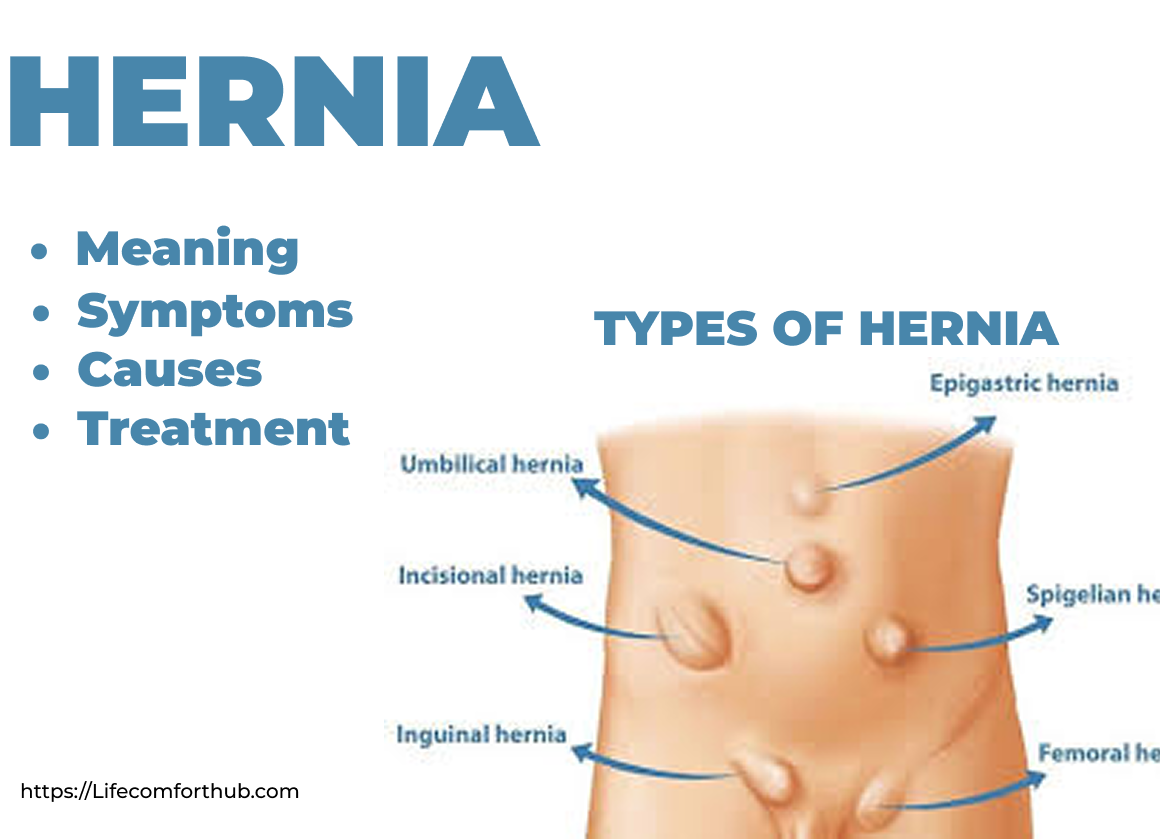
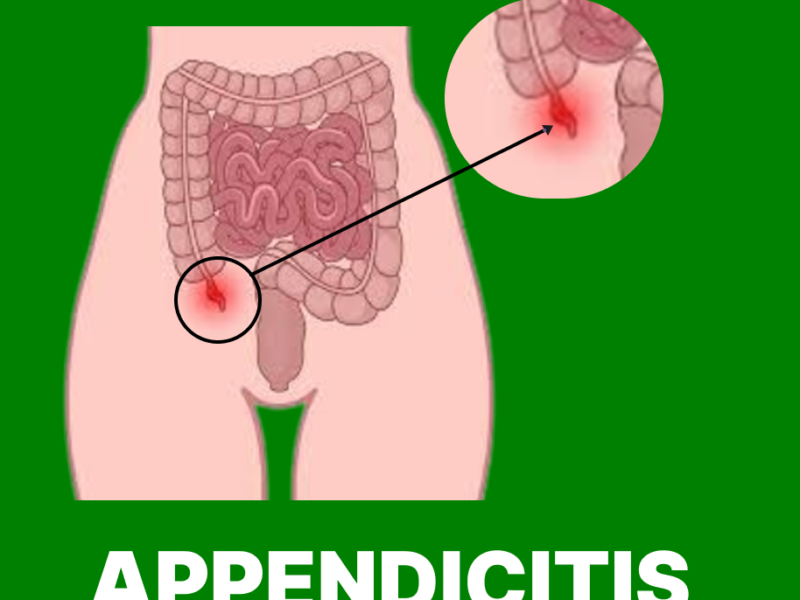
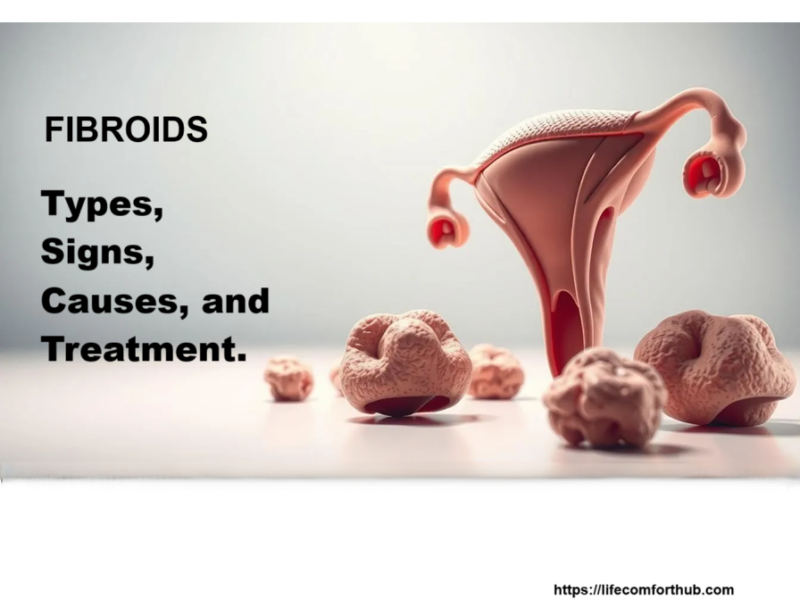
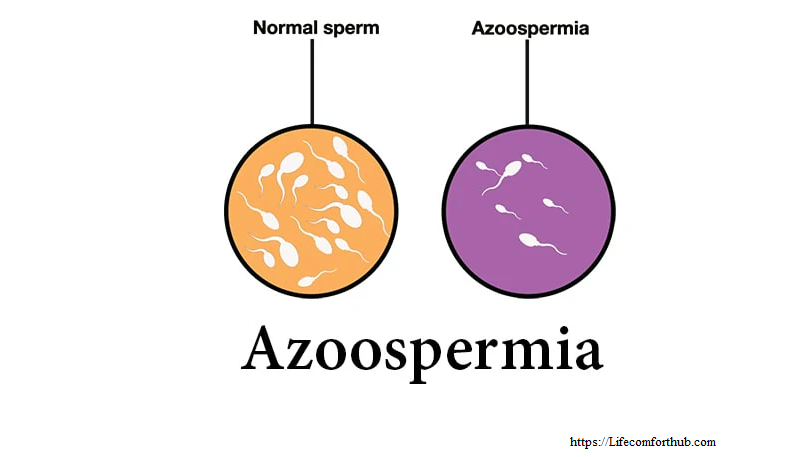

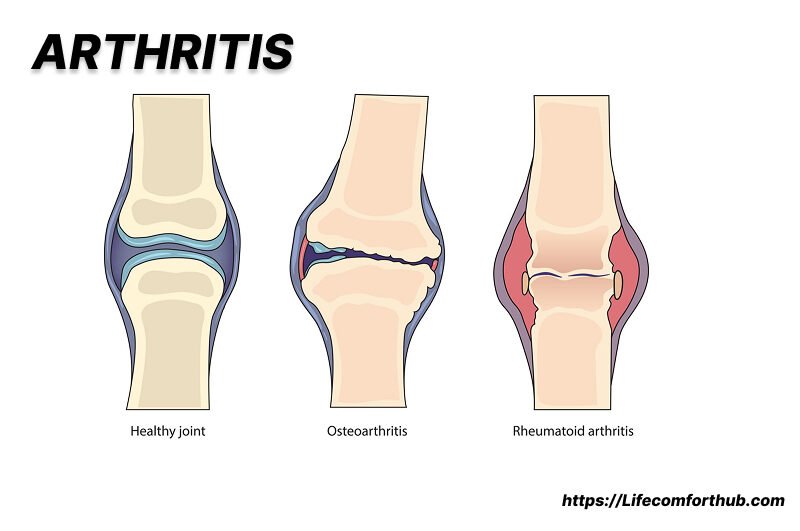
1 comment